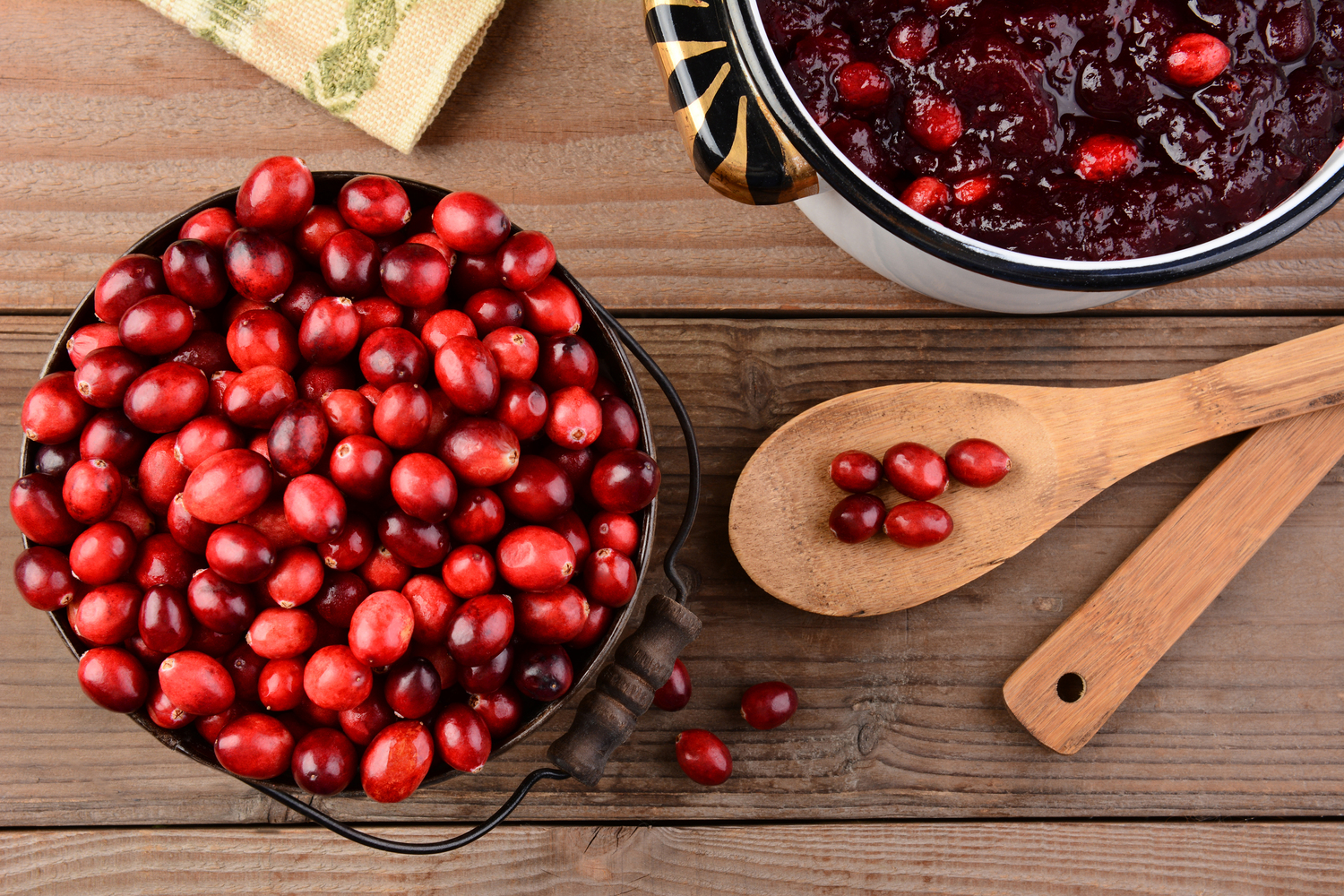
8 Foods People Undergoing Medical Treatments Often Avoid
Some foods don’t mix with certain medications. Diabetes drugs like insulin require you to avoid sodas and refined grains. Foods to avoid with high cholesterol medication include anything that’s high in saturated fat, such as red meat, pork, and dairy. High blood pressure pills require you to abstain from salt, sugar, and alcohol. An online doctor or an online pharmacy can give you a full list of what to avoid during treatment:
1. Cranberries
Warfarin is another popular blood thinner used to treat high cholesterol. If you take this drug, you need to check with your doctor before consuming cranberry products. The acid in cranberry juices may increase the amount of warfarin in your system. Consequently, you could experience moderate to severe bleeding when you mix it with cranberry products. Anyone taking this drug should first consult with their doctor before eating meal kits that contain cranberry juices. Most of these adverse interactions are credited to the presence of flavonoids in cranberry juices. These chemicals are known to block cytochromes, which are special enzymes used to make Warfarin more effective by breaking it down. This could also explain why cranberry products are a poor match for most medicines that are processed through the liver. Aspirin is also affected by cranberry products. Mixing the two may result in exaggerated side effects such as severe bleeding. It’s good to check with a doctor regarding the severity of cranberry juices and aspirin interactions first.
2. Dairy
Dairy products such as milk, butter, cream, or cheese may be a poor mix with some medicines or treatments. Prepared meals with dairy in them should be eaten with caution. Consuming dairy while taking antibiotics may delay their effect on you. Tetracycline, doxycycline, and ciprofloxacin are at the top of the list. The calcium in your milk or cheese forms a strong chemical bond to an element in each of these. This makes them far less effective at treating infections because absorption is blocked. Medications like Ozempic, or semaglutide, may also have a negative interaction with dairy. Most dairy, such as milk, is high in sugar, and that can raise blood sugar levels. Whole milks and creams may aggravate certain side effects due to their fat content. It’s best to consult with your doctor about a possible change in your diet.
3. Grapefruit
Grapefruit is known for its high acid content. Because of that, it’s wise to speak to your GP or pharmacist if you’re taking certain medications. Statins such as simvastatin and atorvastatin are impacted by its juices. They can increase the amount of the medicine in your system. Consequently, side effects may be more severe. Calcium channel blockers are another poor match for its juices. These medicines help moderate high blood pressure and heart disease. If you’re taking amlodipine, felodipine, or any other calcium channel blockers, it’s best to speak to your doctor first.
4. Leafy green veggies
Vegetables are well-known for their abundance of vitamins and minerals. However, you still need to be cautious with some medicines. Warfarin and other drugs used to treat blood clots require you to limit your intake of vitamin K, which forms blood clots.
5. Pickled and fermented foods
Pickles, pickled beets, or yogurts are in the class of fermented foods. When consumed in moderation, these choices are good for you. Certain yogurts have healthy proteins that can keep you full for hours. However, it does contain some sugar. If you’re taking Ozempic, or semaglutide, it’s best to consult with your doctor first. These foods can raise your blood sugar, which impacts treatment.
6. Alcohol
Alcohol consumption should always be done in moderation. With most medicines, it is ill-advised. It contains a lot of sugar, which makes it a poor match for treatments such as Glucofort. It can interfere with other diabetic medicines and make treatment less effective. In severe cases, it could result in a coma.
7. Aged cheeses
Aged cheeses are another fermented food that should be used with caution. They can be high in fat, and contain 30 mg of cholesterol. If you’re taking Repatha, or evolocumab, it could interfere with treatment. They may impact the process of tyramine, which makes side effects like nausea and vomiting worse.
8. Cured meats
Salami, cold cuts, and summer sausage all fall into this category. You don’t have to give them up entirely, but it is important to remember that these meats are high in salt and fat. If you’re taking blood thinners or blood pressure medicines, beware. Consult with your GP or pharmacist first.


